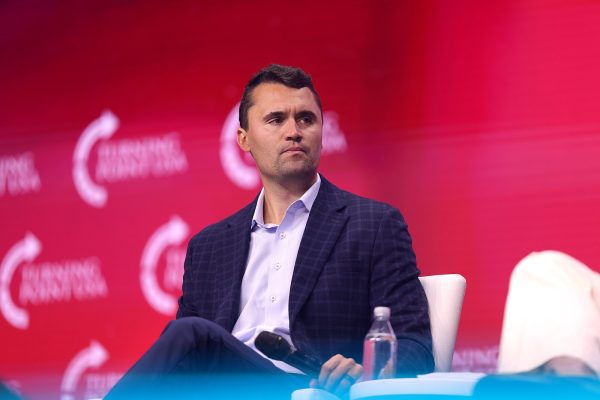This I Believe
In today’s world, it is hard to turn on the television and not get the feeling the world is headed for doomsday. This is the case especially when we see news stories regarding violence in Iraq, Syria, and Ukraine, among other places.
But my message today is one of hope. I believe with great conviction that tolerance is one of the most important contributions each of us can make to resolve the challenges currently facing the world. The power of tolerance as a practice lies in its ability to gradually breakdown stereotypes and misconceptions; instead, building on the rich diversity that society has to offer.
In my case, my story with tolerance of other cultures and backgrounds was written well before I was even born. My name, Rogelio Cerezo, has been passed down three generations, starting with my grandfather Rogelio Facundo Cerezo.
His mother Rosa, my great-grandmother,, left Turkey and arrived in Panama during the construction of the Panama Canal (1904-1914). In Panama, she married my great-grandfather Ramon, who was of Afro-Caribbean descent. His ancestors were brought to the New World as slaves and subsequently lived as freed people in the Americas.
In contrast, on my mother’s side, my great-grandfather Ramon was a Spaniard who fought in the 1898 Spanish American War for the Spanish Crown. After losing the war, he decided to settle in Cuba with his family. His eleven children were then called “criollos,” one born to Spanish parents in the Americas. My grandfather was his ninth son, born in Cuba in 1916, and was also named Ramon.
I have been blessed with a rich family heritage that has shaped my views on the need for tolerance, but also the need for openness, collaboration, and understanding. Tolerance transcends socioeconomic boundaries allowing for an inclusive and just society. To this end, tolerance must be practiced daily in order to take deep root.
Tolerance begins with education, by listening before speaking, and by always trying to see things from a different perspective. These actions are key in fostering tolerance and will be instrumental in overcoming the “us vs. them” mentality that has become so pervasive in our society.
A consistent practice of tolerance can only lead to the conclusion that there is no “us” or “them” but “we.” By understanding the collective responsibility for our common destiny, we are able to live up to the words once uttered by Martin Luther King in 1963, “we are caught in an inescapable network of mutuality, tied in a single garment of destiny”. Always remember that the garment of destiny does not belong to anyone one group but rather belongs to us all to weave together.



